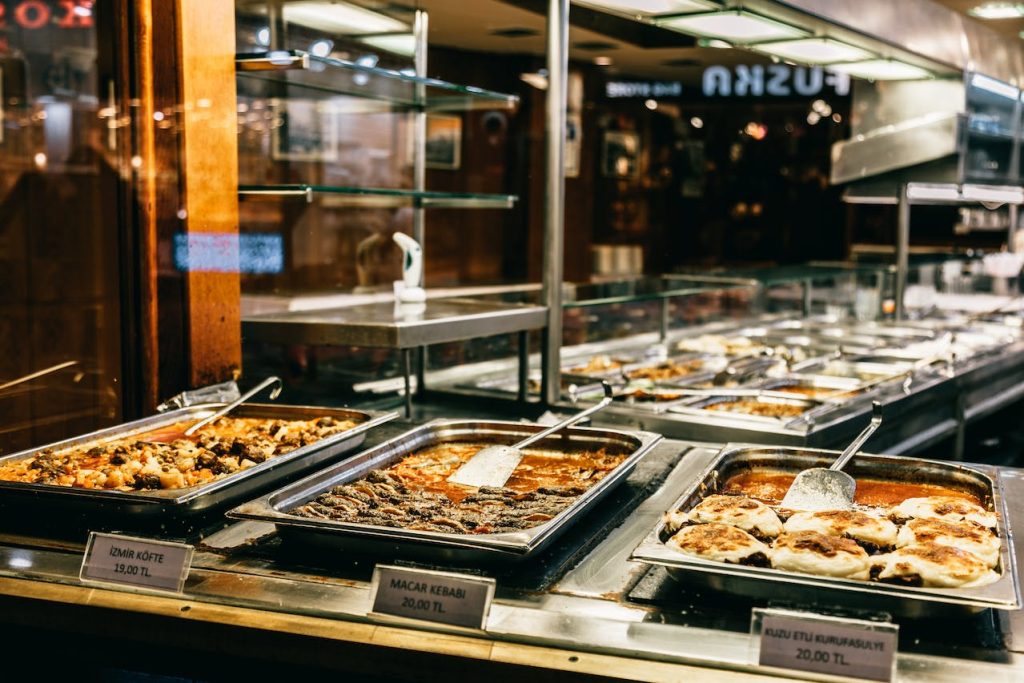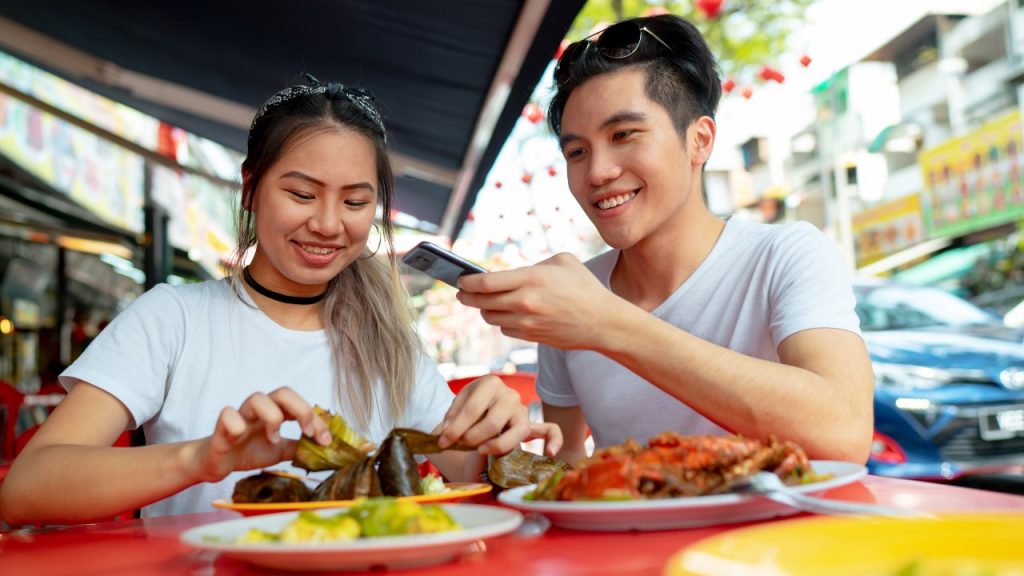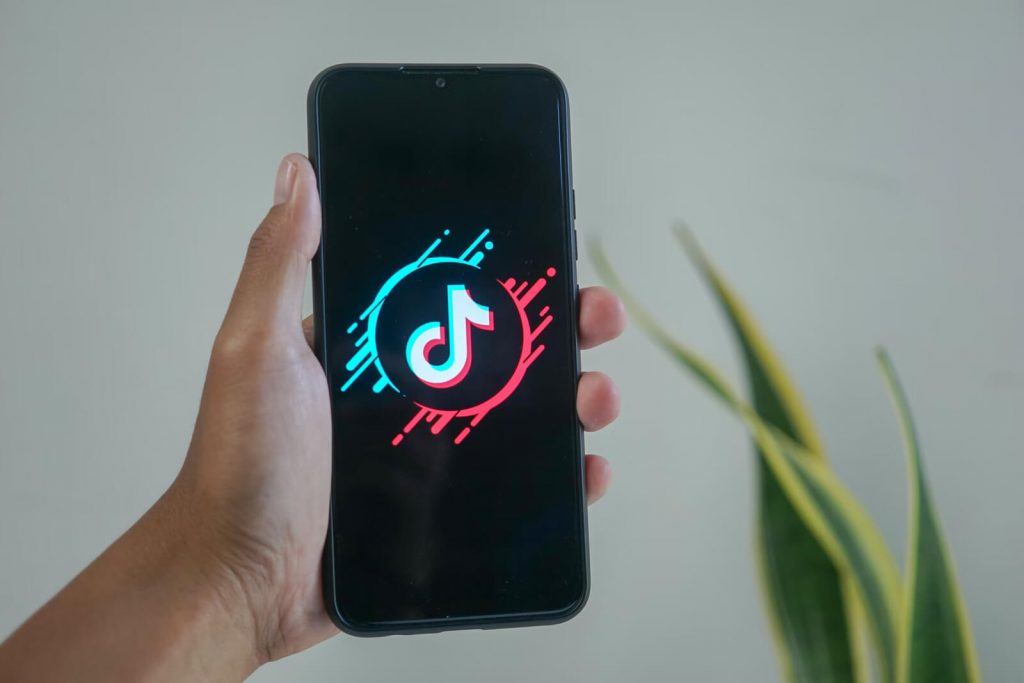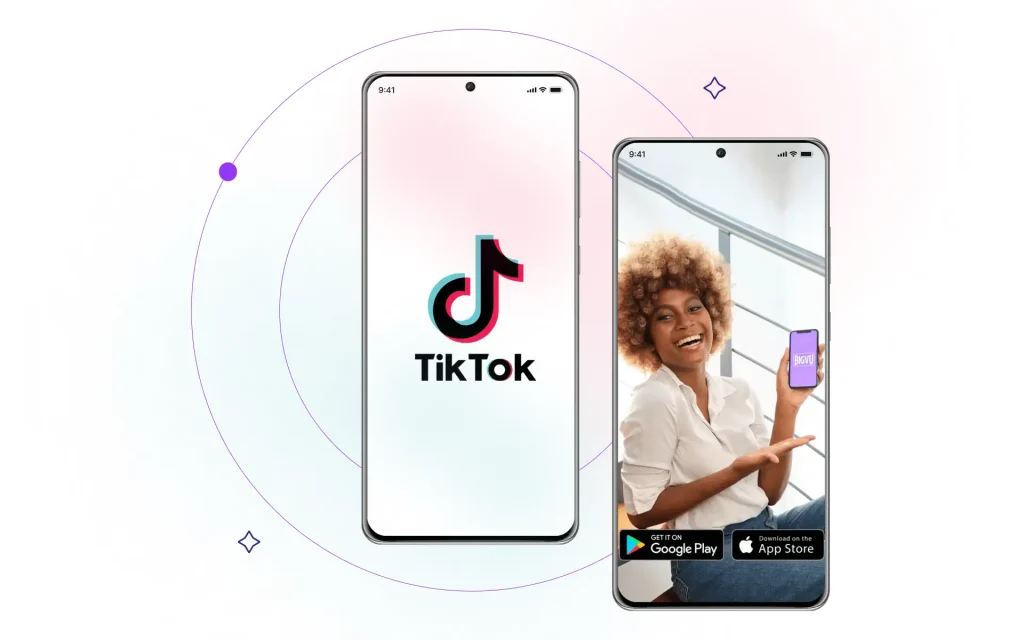Strategies for Influencer Marketing for F&B Companies in Malaysia

Influencer marketing is becoming increasingly popular in Malaysia’s thriving and diverse food and beverage industry. As the food and beverage industry expands, companies are seeking for new ways to stand out and connect with their target audience. This article dives into the various techniques that could contribute to the success of influencer marketing for Malaysian F&B companies.
Knowing Your Audience:
In Malaysia multiculturalism is highly valued, thus, knowing your audience is essential. Consider aspects such as age, ethnicity, and regional preferences when determining your target audience. Customise your influencer advertising plan to appeal to the specific preferences and interests of your target audience.
- Addressing Age Demographics
An influencer marketing aimed at younger demographics, for example, would emphasise fashionable and tech-savvy information, whereas efforts aimed at older audiences might emphasise dependability and traditional values.
- Embracing Ethnic Diversity
Malaysia’s mixed society needs a profound respect for ethnic diversity. A brand promoting traditional dress, for example, may partner with influencers from various ethnic communities to demonstrate the product’s cultural inclusion.
- Regions and Localization
Recognising regional preferences elevates influencer marketing to a higher level of detail. A food-related influencer campaign, for example, may tailor elements to suit regional culinary preferences, allowing it to connect more authentically with local audiences.
Establishing Genuine Partnerships with Influencers:
Businesses must prioritise influencers whose values are in sync with their own. The emphasis here is on creating meaningful, long-term partnerships that go beyond one-time engagements or transactions.
- Emphasizing Brand Alignment
It is critical to choose influencers who share values that align with the brand. For example, if a fitness brand collaborates with an influencer known for advocating a healthy lifestyle, the collaboration not only feels authentic but also boosts the brand’s credibility.
- Prioritizing Long-Term Relationships
Long-term collaborations build a narrative of authenticity and consistency, fostering audience trust. Repeated collaborations enable influencers to truly incorporate the brand into their content, making it a natural part of their story.
- Engagement Beyond Promotion
Genuine connections involves influencers authentically connecting with their audience on behalf of the company. Responding to comments, participating in discussions, or even incorporating the audience in the content development process could all be examples of audience engagement. This active participation fosters a sense of community and strengthens the relationship’s with audience.

Making the Full Potential of Social Media Platforms:
In a country where social media is ingrained in daily life, maximising the potential of multiple channels is critical for Malaysian F&B businesses. Each platform has its own set of characteristics that, when used successfully, may engage a wide range of viewers while also boosting a brand’s online visibility.
- Instagram’s Visual Allure:
Use Instagram’s visual appeal to display delectable culinary creations. Engaging photography, visually appealing arrangements, and colourful visuals can lure consumers as they scan through their feeds. Consider working with influencers to create visually extraordinary content that not only highlights the food but also provides a fascinating tale about the culinary experience.
- TikTok’s Short-Form Creativity:
Use TikTok’s short-form format to unleash creativity and entertain viewers with interesting food videos. Quick recipe lessons, chef highlights, or amusing challenges can become viral, increasing the culinary brand’s reach among the younger, trend-savvy generation.
- YouTube for Comprehensive Reviews:
Create comprehensive reviews of food offerings that immerse audiences in the flavours and ambiance of the establishment. Collaborate with food influencers to provide video reviews that provide insightful information and recommendations.
Monitoring Success and Return on Investment (ROI):
Monitoring performance and Return on Investment (ROI) is critical to the efficiency of influencer marketing tactics for Malaysian F&B businesses. Key performance indicators including foot traffic, online interaction, and sales are critical in determining the impact of influencer collaborations on business growth.
- Evaluating Foot Traffic:
Foot traffic to premises may grow as a result of a successful influencer marketing campaign. Businesses obtain insights into the campaign’s real-world impact by tracking customer visits following influencer promotions. This statistic is especially useful for restaurants, cafes, and food shops who want to convert their internet visibility into offline engagement. Implementing unique promotional codes or incentives related to influencer engagements might help to directly identify gains in foot traffic to specific campaigns.
- Online Interaction Metrics:
Likes, comments, and shares on social media platforms create a digital footprint of the audience’s reaction to influencer content. A high level of engagement demonstrates impact, implying that the influencer’s content effectively resonates with the target audience.
- Sales Analytics and Customer Habits:
It is critical to use technology to gather insights about customer habits, preferences, and purchase behaviours in order to improve influencer marketing operations. Businesses may determine which influencers and content types create the highest conversions by integrating systems that measure online purchases tied to influencer marketing.
Finally, success in influencer marketing is inextricably linked to important performance measures for Malaysian F&B firms. Businesses may fine-tune their influencer marketing tactics to ensure a maximum Return on Investment, whether through increased foot traffic, robust online involvement, or data-driven sales analytics.
Potential Trends in F&B Influencer Marketing:
Staying ahead of the curve in F&B influencer marketing requires a sharp sense of recognising trends. Several possible trends are anticipated to change the landscape as the industry evolves, providing exciting chances for F&B companies to innovate and engage with their audience.
- Interactive Social Media Content:
The future of F&B influencer marketing lies in engaging content on social media platforms. Influencers can encourage direct participation from their audience from engaging polls regarding menu choices to live cooking sessions, providing a dynamic and immersive brand experience.
- Dining Experiences Beyond the Plate:
Influencers will increasingly focus on putting together full dining experiences, rather than just highlighting food. This might include ambiance, customer interactions, or even behind-the-scenes glimpses, delivering a more thorough and holistic view of the eating experience.
F&B companies should position themselves for long-term success in the shifting world of influencer marketing by proactively embracing these future transformations. The trick is to remain versatile, experiment with different content formats, and connect with industry influencers who are trend-setters rather than trend-followers. This proactive approach guarantees that food and beverage businesses not only ride the wave of rising trends, but actively influence the narrative, resulting in an authentic and forward-thinking brand image.

Conclusion:
Influencer marketing is a great tool for organisations looking to establish themselves in the dynamic and colourful world of Malaysian food and beverage industry. Businesses may unlock the formula for success and establish themselves as culinary influencers in their own right by understanding their target audience, developing innovative campaigns, and leveraging the power of social media. Staying creative and embracing influencer marketing will continue to be the key ingredients for growth in Malaysia’s F&B sector as it evolves.







